Developing a Taste for Cheese in Chennai

Nupur Roopa writes about Käse, an artisanal fromagerie based out of Chennai, whose cheese culture embraces local flavour, boldly using local recipes and ingredients to suit drastically non-traditional weather conditions.
Chennai, an Indian coastal city located on the thermal equator, where rice is the staple food and filter kaapi, the favourite beverage, artisanal cheese might seem like a misfit.
It is difficult to imagine a fromagerie in this hot, humid city, let alone one that sells garlic-flavoured creamy feta, and beetroot or chilli-cumin Gouda, or Ricotta stewed with honey. But at Käse, Chennai’s homegrown fromagerie, founded by Anuradha Krishnamoorthy and Namrata Sundaresan, you can buy more than 45 varieties of fresh, aged and pickled cheese.
It started when Namrata tried her hand at cheese making while on a holiday at Acres Wild in Coonoor. At that time, her friend Anuradha, the founder of ‘Can Do’ a BPO that focusses on empowering people with disabilities through vocational training and employment, thought of baking as a skill to explore employment opportunities.
Namrata pointed out that baking was already a saturated market and suggested cheese-making instead. In spite of a lot of dairy in India, making artisanal cheese still isn’t common. What’s widely available is the classic cheese sold by big brands with 20% milk product and 80% added fat. Industrial cheese, mixed with stabilisers and emulsifiers for longer shelf life, is still the most widely consumed in the country.
Artisanal cheese on the other hand, is handmade in small batches. “Around the 80s, cheese-making began to take off in Kodai. South India, especially the Nilgiris, has since been a hot bed of cheese-making,” Namrata explains. Today, there are many cheese-makers around the country, restricted to their own geographies, selling cheese locally. Eleftheria Cheese, Cheese Collective and Casa del Cheese in Mumbai, Mango Hill and La Ferme Cheese in Pondicherry and The Farm and Käse, in Chennai, along with a few in Bangalore and Kolkata.
For good cheese, sourcing high-quality milk is crucial, and this isn’t easy to come by. “We wanted to make our artisanal product clean, without emulsifiers, stabilisers or preservatives. We use milk from native cows as they are sturdy and suitable for the region, and not treated with hormones and antibiotics.”
It took them six months to find 4-5 small farms that were not plugged into mainstream dairy practice, for ethical sourcing. “Dairy farmers that have native cows do it out of passion, and not necessarily for commercial venture. They are mostly 50-60 kms away from the cities and don't sell milk, but mostly make ghee,” Namrata adds.
Vanam, the farm from where they source most of their dairy is certified organic. Other sources are Kadambadi and Reddy farms. The goat and buffalo milk is sourced from the Reddy farms. “We experiment with the milk for a week to work out it’s suitability; different cheeses require a specific quality of milk”, says Namrata.
Ricotta Salata with Basil flowers and seeds
Roja fresh cheddar with pink rose petals
The first cheese they made was Quark, a German cheese very similar to Greek yogurt; a simple lactic cheese that’s a healthy version of cream cheese. They then started making feta, mozzarella and haloumi — these were the first three cheeses Namrata learned at the Acres Wild workshop. At the end of the week, they conducted a tasting session for friends, family and food bloggers with five kilograms of cheese. An encouraging response led them to open up for business.
The turning point came soon after, when they received a call to participate in a Farmers Market by Karen Anand. “At that time, we did not even have a name! We had one night to design a logo, figure out a name, and create a website. Since Quark was our first cheese, a friend suggested we called it Käse (German for cheese). The smiling cow logo was designed by Mojo Canvas overnight!”
“People said our cow looks firangi, but we love our cow, it adds some impishness,” laughs Namrata.
The team made a hundred kilograms of cheese for the event that weekend. Fate however, had other plans. Chennai saw torrential rainfall that Saturday evening, and on Sunday set up took much longer than they had planned. Instead of an 11 am opening, the market opened at 2 pm. Nonetheless, the first experience was incredible. “It was a fantastic experience to face thousands of people for the first time. We received an award for best taste of the market,” Namrata shares happily.
Founders of Käse, Anuradha Krishnamoorthy and Namrata Sundaresan
“After the event we were left with more than 50 kilograms of cheese and we weren’t sure what to do with it.” That night, she stayed up chatting with cheese makers from the American Cheese Society online, to learn how to age the cheese. Following their directions, Käse had beautiful aged cheese with honey chilli, mustard and rye in three months.
“Our concept was to make and serve fresh cheese, but the humidity following the rain forced us to think differently.” She explains. When ‘By Hand, From The Heart’, a popular curated makers market in Chennai, approached them to participate, they decided to age cheese for the event.
Käse has had an interesting journey since the launch. In 2017, they did 14 pop-ups in 12 months, and invited people for cheese tasting sessions. They also conduct cheese FAQ workshops regularly. “The idea of table cheese is still new in India and people want to know the basics — like, what do I do with my cheese, how do I use my cheese. Many harbour certain misconceptions about cheese,” she explains.
Experimenting with local ingredients and flavours led to the invention of the extremely popular podi cheese called Ode to Chennai. “I was cutting a block of aged cheese and a friend from Green Peppers had send a packet of idly podi with flax seeds. I decided to dust and coat a block of young Cheddar with it.” The response was incredible, and the product became their poster cheese. Today, there is demand for this cheese from customers in Europe, Singapore and United States.
“Cheese, like wine, is influenced by terroir, the primary flavours of the regions. As a cheesemaker, I believe in the art of natural cheesemaking.” Namrata explains. Käse, as a business, focusses on sustainability. They employ differently abled women, and make an effort to create a sustainable practice with cheese making. Sourcing milk from farms requires packaging and transportation. A lot of wastage happens in the form of whey (10 litres of milk yields 1 kg cheese). “We want to make the bulk of cheese at the farms themselves, to reduce transportation, plastic packaging, and give the whey back to the farms so it can be used in in fodder or slurry, or even as a drink.”
“Work happens in a controlled atmosphere, a 1000 sq.ft space with three air-conditioners. “Milk comes in the morning and we start work as soon as possible,” Namrata shares. Cheese matures a lot quicker in this weather. They don’t have a cheese cave, so the process of ageing happens in Visi coolers with humidity control and temperatures between 4-8 degrees. Traditional cheddar is aged for 12 months in the UK, but in Chennai it matures in 10-12 weeks.
Experimenting with local flavours has led to the creation of unique flavours like turmeric-leaf cow milk cheese, a young brie, floral cheddar infused with pink rose petals, lavender cheddar and buffalo milk cheese crusted with powdered coffee beans, cacao and pepper corns, and their most popular cheese, Ode to Chennai (young cheddar crusted with mulagai-podi). Käse is a story of migration of recipes, using local ingredients, and adapting cooking methods to suit drastically dissimilar weather conditions. The idea at the heart of Käse is to encourage people to taste cheese with an open mind and experience new flavours.
Nupur Roopa is a freelance writer and a life coach for mothers. She writes articles on education, environment, food, history, parenting, and travel.
ALSO ON THE GOYA JOURNAL



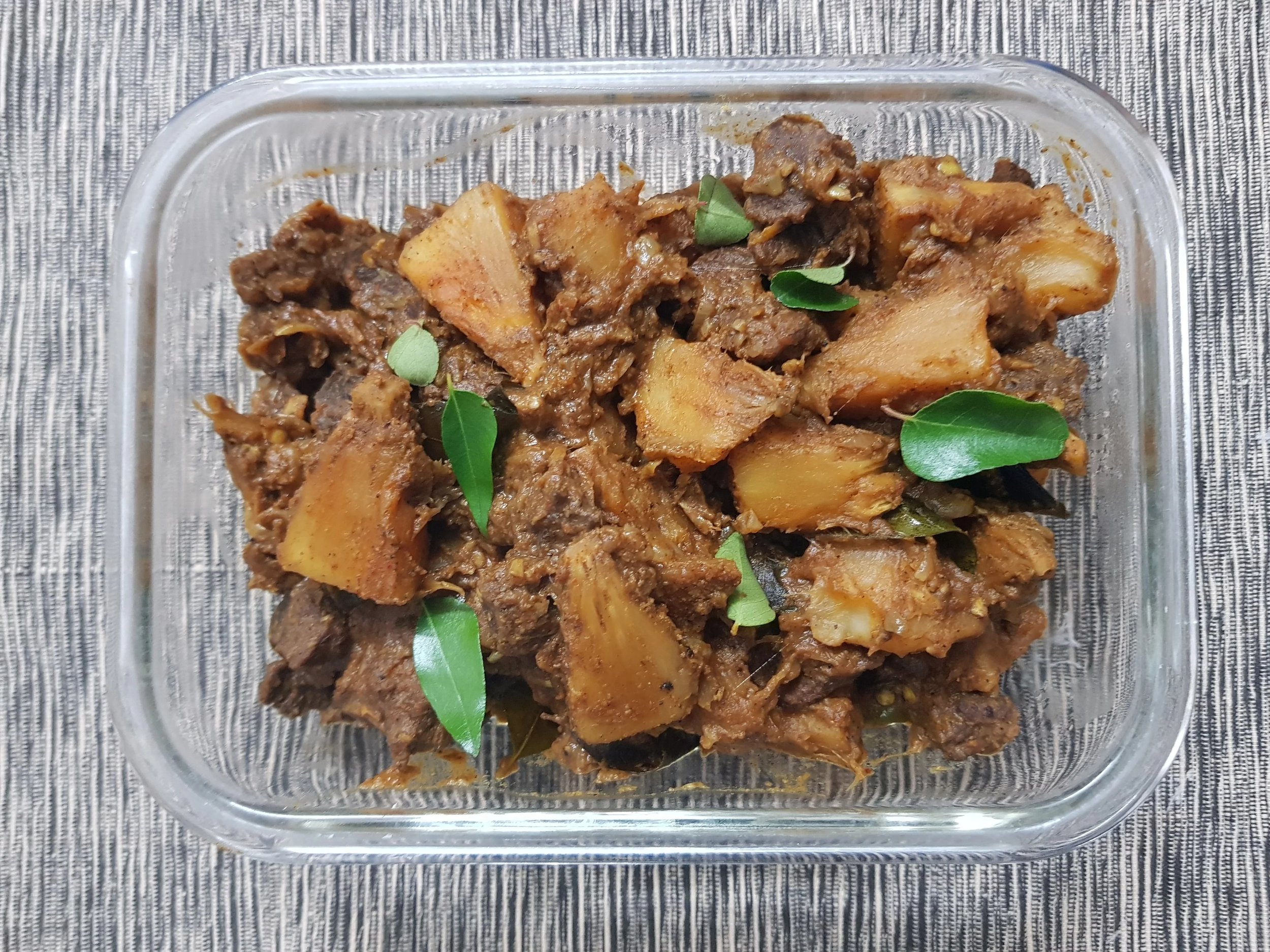
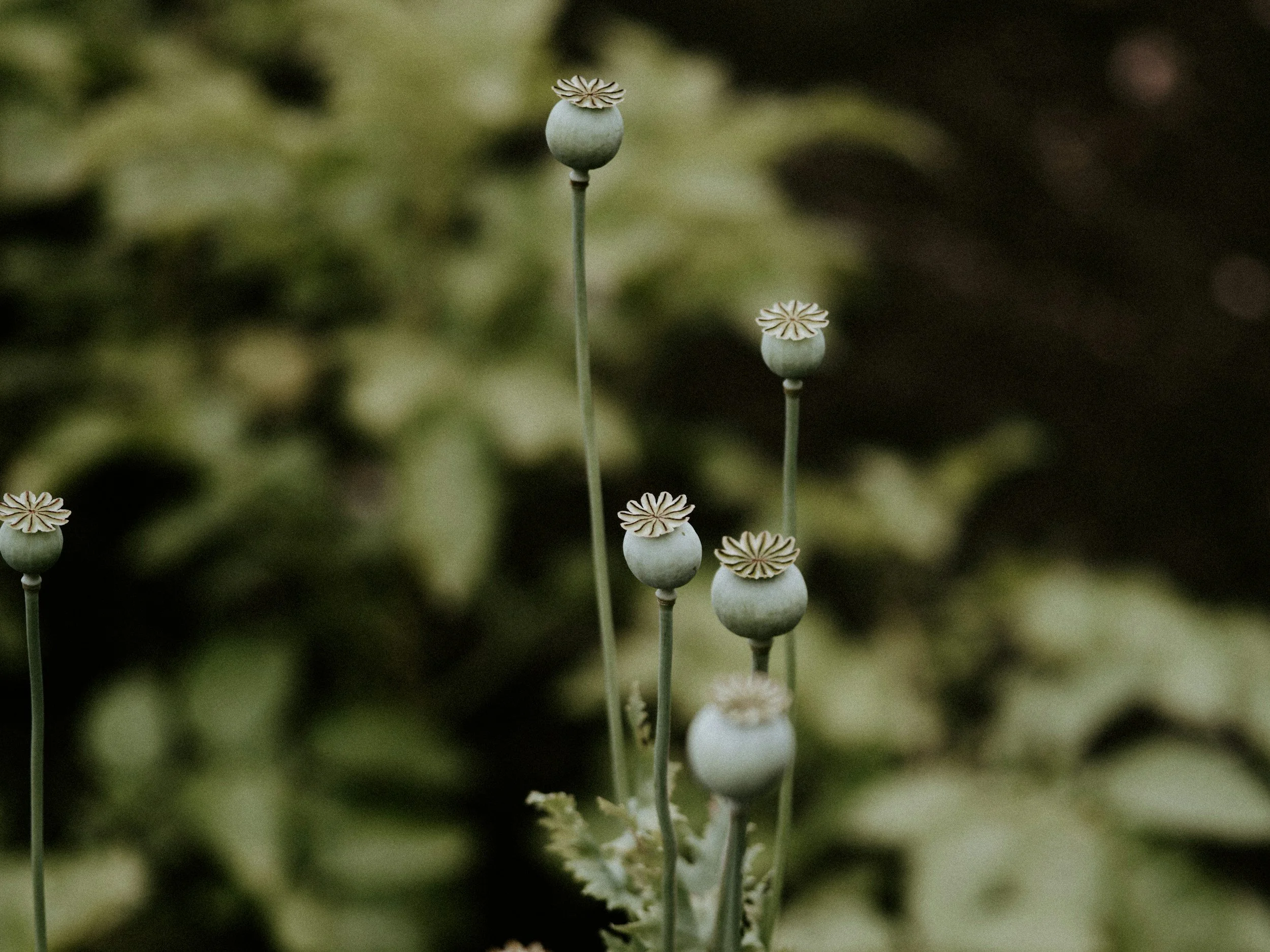
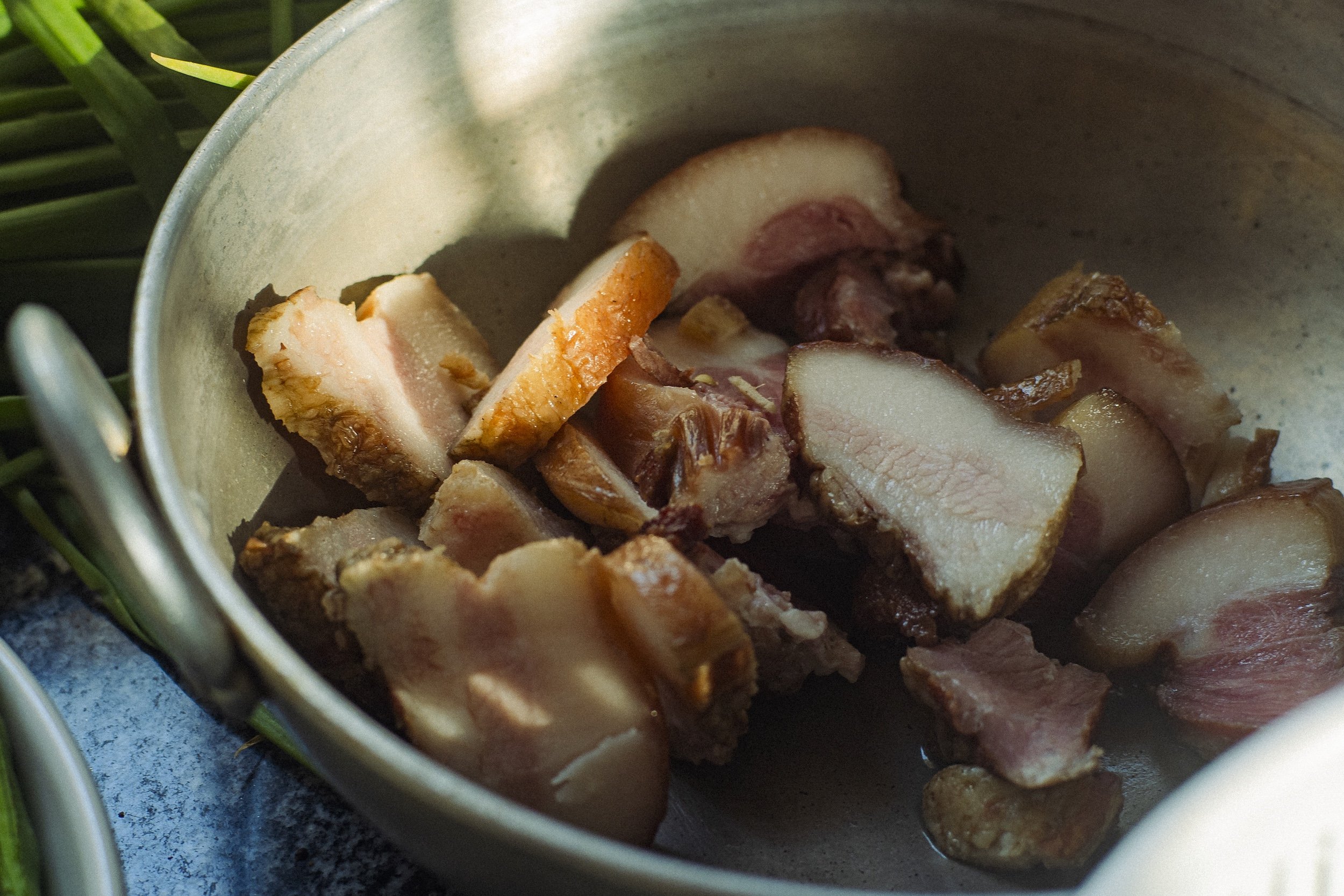


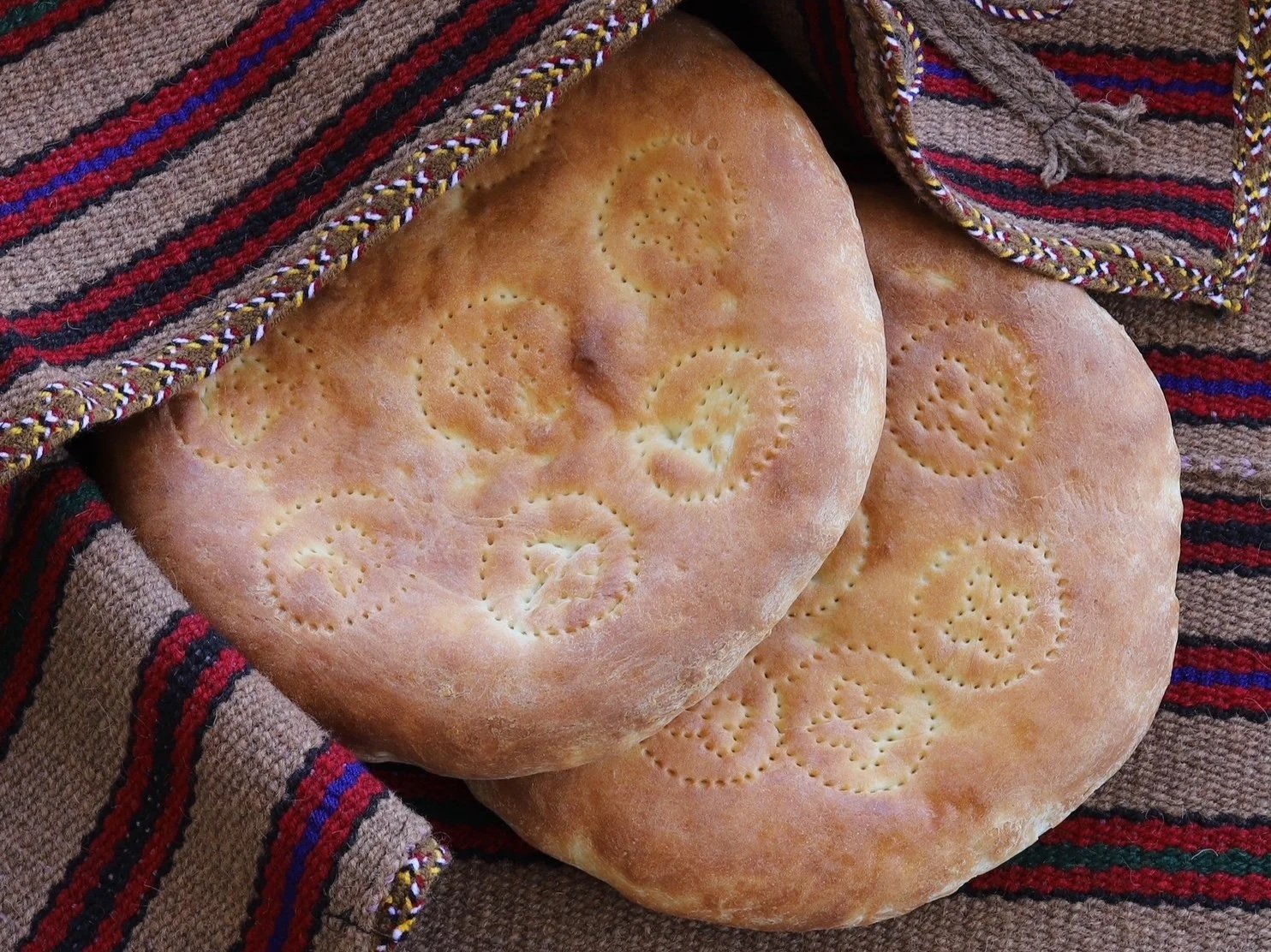
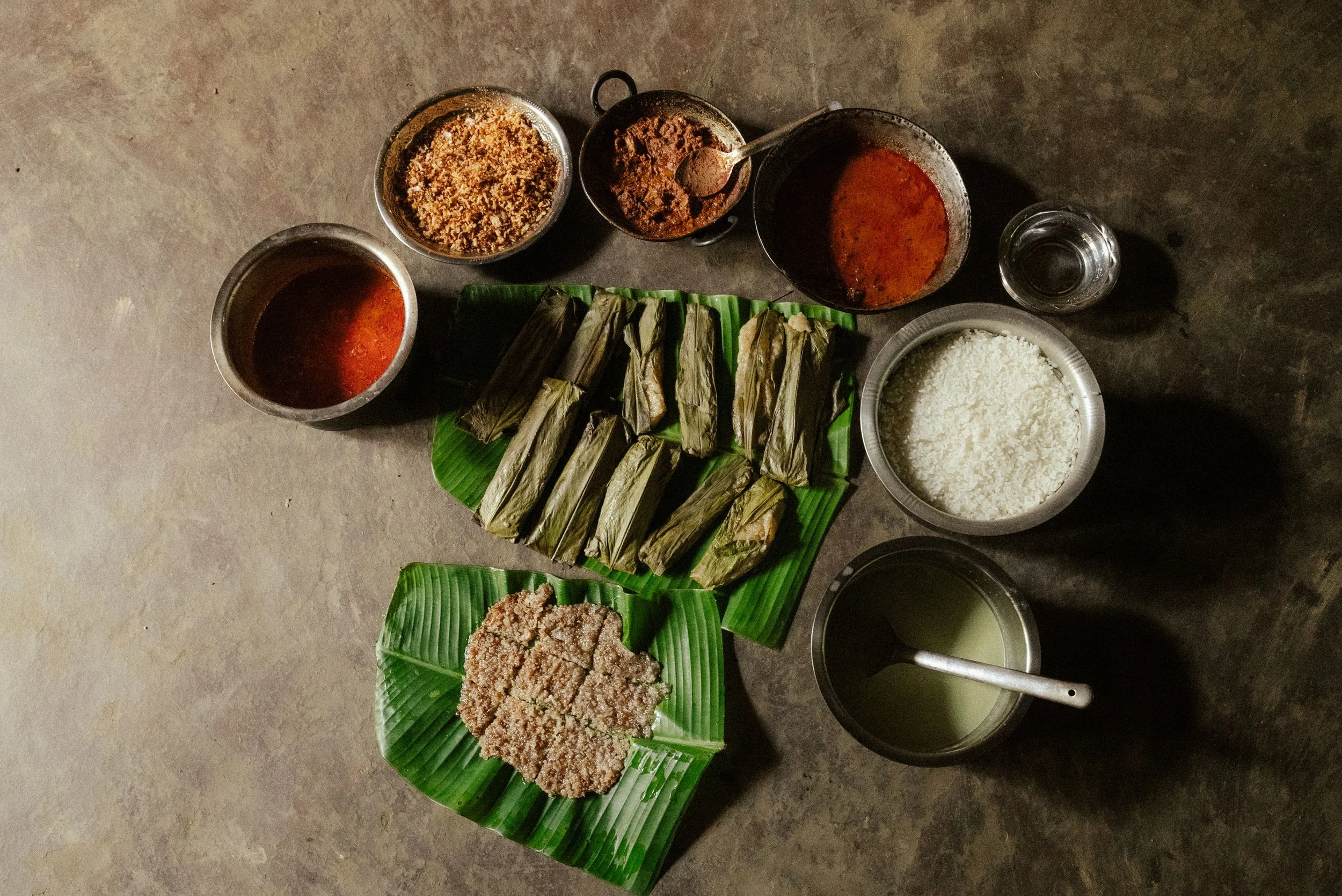
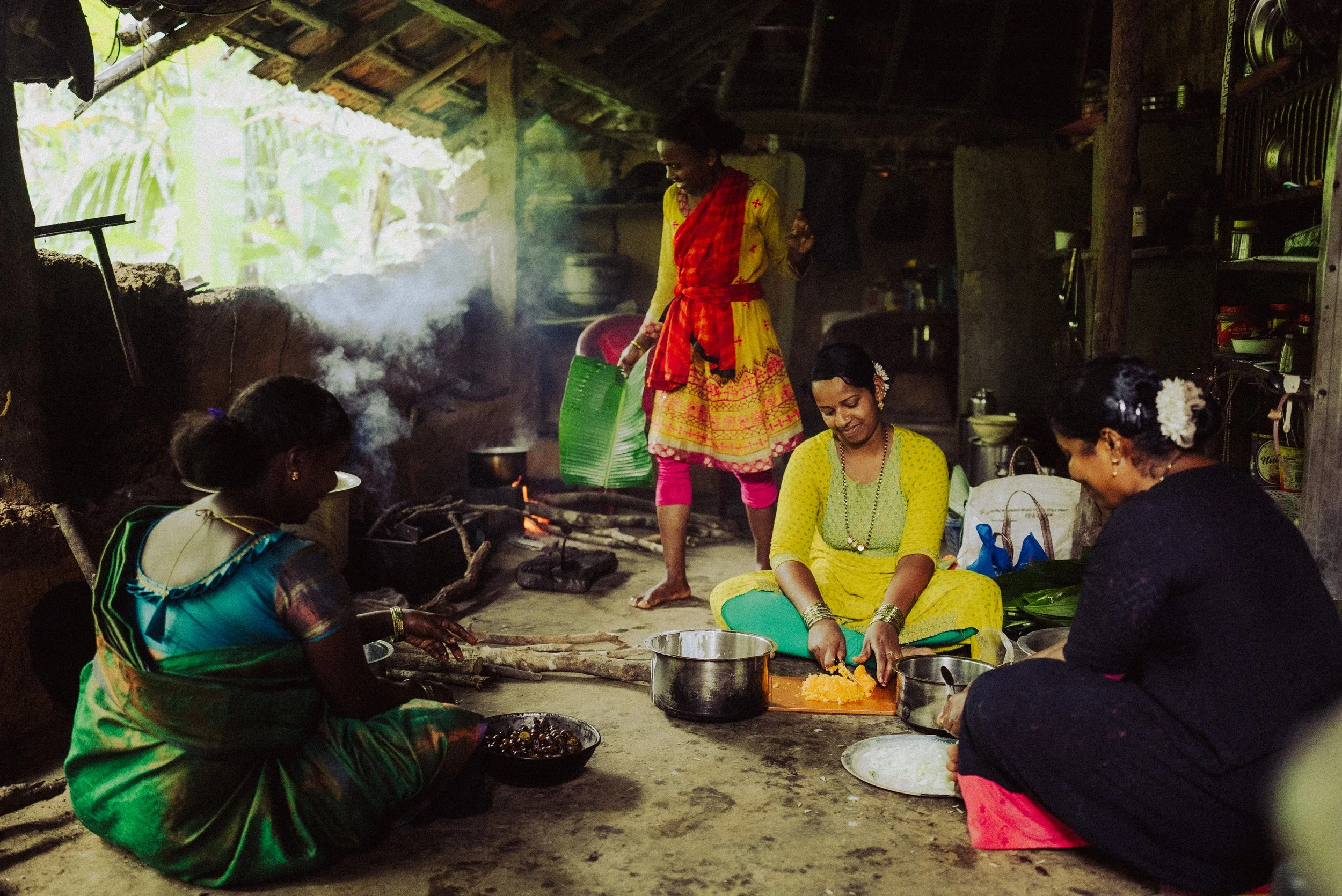
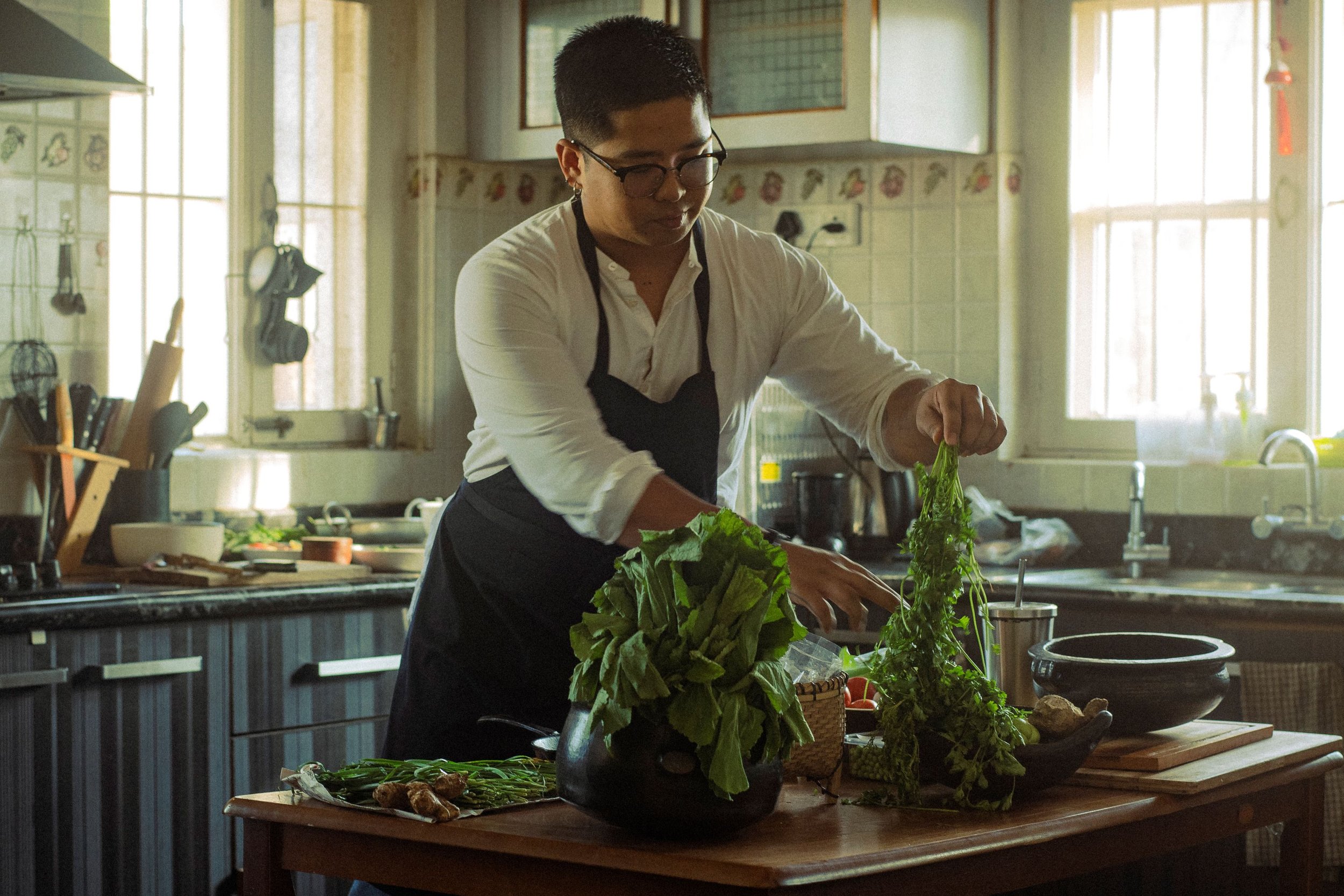
Neo-nomad cuisine at its finest | Terrence Manne